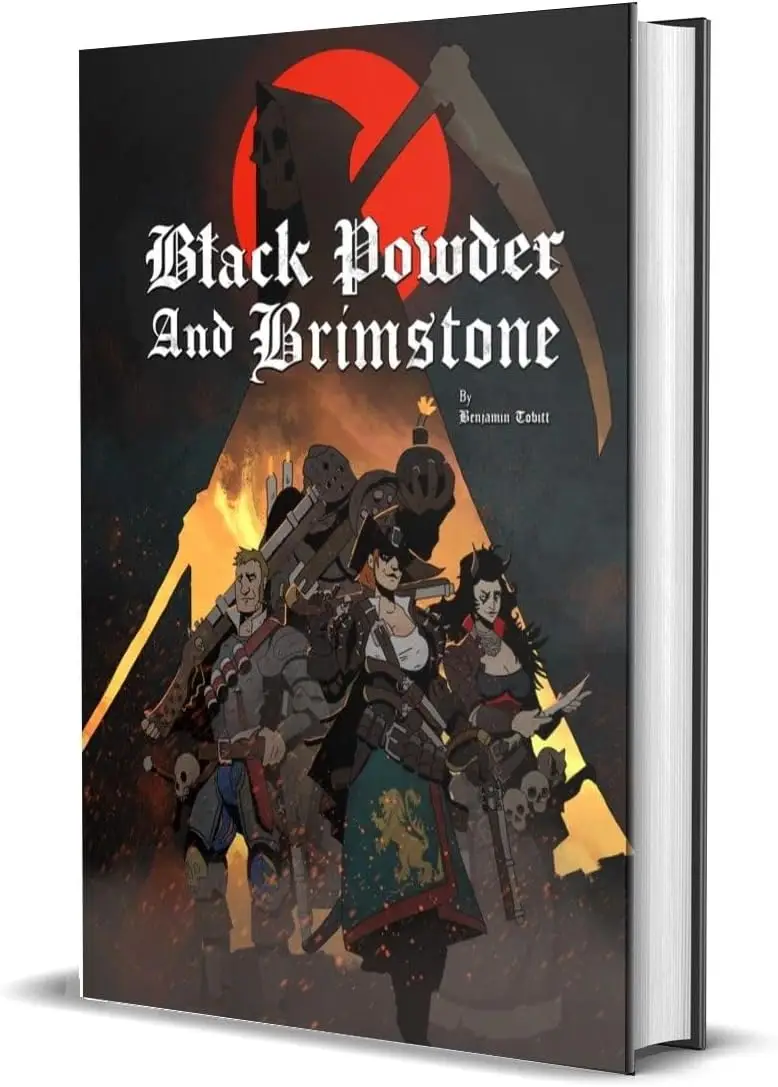In the grand theater of Dungeons & Dragons, no class carries quite the same duality as the Bard—both performer and powerhouse, jester and genius, trickster and tactician.
Yet despite their thematic richness, 2014’s Bard sometimes felt caught between roles. Jack-of-all-trades, but master of none. Full caster, but with limited impact. Inspiring, but mechanically murky.
Enter the 2024 Player’s Handbook.
With clarity in mechanics, stronger spell support, and a sharpened identity around magical performance and creative manipulation, the Bard of 2024 isn’t just a support caster with flair—it’s a strategic linchpin for parties who like their combat with a side of chaos and their stories sung in five-part harmony.
At RPGInquisitor, we’re peeling back the curtain on the newly refined Bard: what’s changed, what’s elevated, and why this version might finally hit the right note.
🎶 What’s Changed in the 2024 Bard?
1. 🎤 Bardic Inspiration Refreshed
Reaction-Based Usage: Bardic Inspiration is now a reaction in most cases, allowing Bards to use it more tactically—after a failed roll or when damage is taken.
Two Core Uses:
Inspiration (d6–d12): Boosts ability checks, saving throws, or attacks.
Healing Boost: Can now be used to restore hit points when an ally takes damage, mid-turn.
Scales with Proficiency: The Inspiration die now scales with your Proficiency Bonus, not level tier.
Why it matters:
Bardic Inspiration always felt thematic, but 2024 makes it truly tactical. Instead of wasting your die on a check that might succeed anyway, you can wait, react, and know your magic hit when it matters most.
2. 📚 Magical Secrets Streamlined
Now part of core class progression, not just subclass perks.
Spells gained via Magical Secrets count as Bard spells, making synergy with Bard-specific abilities easier.
You get more of them earlier, and they’re easier to swap during level-ups.
Why it matters:
Bards were always known for stealing spells from other classes. Now it’s built-in, easier to manage, and plays better with core mechanics. You’re still a thief of magic—but now you know how to use what you steal.
3. 🎵 Spellcasting Rebalanced
Bard now pulls exclusively from the Arcane Spell List with Bard-specific school limitations.
Known spells and spells prepared have been tweaked to match design updates—more flexibility without overwhelming the player.
Ritual Casting and Concentration simplification make daily spell use less fiddly.
Why it matters:
Spellcasting is no longer “pick something pretty and hope it fits.” The Arcane school filtering makes Bards feel like they’re casting with purpose, not just grabbing what sounds good.
4. 🧠 Expertise Comes Earlier
Jack of All Trades and Expertise are clarified and streamlined.
Core skill boosts come online sooner, and feel more active in gameplay (especially in social encounters).
Performance is no longer the default joke—Persuasion, Deception, and Insight now benefit greatly from early class features.
Why it matters:
Bards are now social powerhouses from level 1. You’re no longer waiting until mid-tier to play your role outside of combat. Whether you’re playing an orator, spy, or high-fantasy pop star, the mechanical support is right there.
🪕 Bard Subclass Highlights (Colleges)
🎭 College of Lore (The Cutting Wit)
Theme: Master of tales, rumor, and razor-sharp insults.
Changes:
Cutting Words is now used as a Reaction, and you see the number before deciding to use it.
College now gains more Magical Secrets earlier, and they’re fully integrated with the Arcane spell list.
Lore Bards can magically mimic enemy actions and weave their failures into the party’s victories.
Playstyle Focus:
Battlefield control and enemy debuffing
Expanded spell list manipulation
Social dominance and “skill monkey” prowess
Best For:
Players who want their Bard to control the tone of every encounter, mechanically and narratively.
🎭 RPGInquisitor Verdict:
“The Lore Bard isn’t just a master of knowledge—it’s the strategist of the stage, armed with irony and arcana.”
🎼 College of Valor (The Warrior Skald)
Theme: Ballads of bravery, armored inspiration, and battlefield heroism.
Changes:
Combat Inspiration now includes weapon Mastery support, letting Bards buff allies and shape their weapon outcomes.
You can wear medium armor, wield martial weapons, and still cast effectively.
Bonus attacks and War Magic-style casting improve action economy without muddling identity.
Playstyle Focus:
Martial spellcasting hybrid
Frontline support and buffing
Boosting offensive pressure while staying versatile
Best For:
Players who want to mix blade and ballad without stepping into full Paladin territory.
⚔️ RPGInquisitor Verdict:
“In 2024, the Valor Bard is what the Battle Master dreams of being—a tactician with tempo.”
🎶 College of Glamour (The Fey Enchanter)
Theme: Enchanting presence, commanding grace, and emotional dominance.
Changes:
Mantle of Inspiration is smoother and more dramatic: temporary HP and free movement for allies—no reaction required.
Enthralling Performance gets reworked to better integrate with downtime and roleplay, while remaining useful in exploration.
Playstyle Focus:
Social encounters and narrative manipulation
Mid-combat positioning and support
Charisma-driven group control
Best For:
Roleplayers who want to win the room before initiative is ever rolled.
🌸 RPGInquisitor Verdict:
“Glamour Bards no longer whisper influence—they drown the room in it.”
🐉 College of Creation (The Construct Composer)
Theme: Music that builds, sculpts, and commands.
Changes:
Mote of Potential interacts more elegantly with Bardic Inspiration, granting boosts based on the target’s action type (healing, attack, etc.).
Performance of Creation now supports more object types, and is easier to apply creatively mid-session.
Playstyle Focus:
Out-of-combat utility and battlefield manipulation
Boosted healing and shield value for allies
Creative solutions to logistical problems
Best For:
Players who enjoy solving problems with flair and want to be the weirdest genius in the room.
🛠️ RPGInquisitor Verdict:
“Creation Bards are what happens when an artificer picks up a lute—and it works.”
💡 What the 2024 Bard Gets Right
Tactical Versatility – Reaction-based Inspiration, Magical Secrets integration, and flexible casting mean Bards matter in any scenario.
Performance with Punch – You’re not just funny—you’re functionally dominant in both roleplay and combat.
Expanded Subclass Power – Each College now feels distinct earlier in play and scales more reliably.
Narrative Tools – More than any class, Bards now shape the session’s tone—mechanically, thematically, and in action economy.
🎵 Who Should Play the 2024 Bard?
| Playstyle | Best Bard College | Why |
|---|---|---|
| Strategist / Debuffer | Lore | Precision control with Magical Secrets |
| Support DPS | Valor | Frontline presence and ally buffs |
| Roleplay First | Glamour | Dominates social scenes and opens fights with presence |
| Creative Utility | Creation | Outside-the-box problem solving with mechanical support |
🎼 Final Verdict: The Bard Perfected
In 2024, the Bard is no longer “that one player who buffs a little and jokes a lot.” It’s a combat manipulator, a social juggernaut, a spell thief, and a world-shaper—crafted into a cohesive, clear, and elegant class.
Inspiration is reactive and relevant
Spells are smarter and more specialized
Colleges actually teach something new
Core identity is intact—but finally sharp
This isn’t just a support class.
It’s a full performance.
Take your place on the stage.

